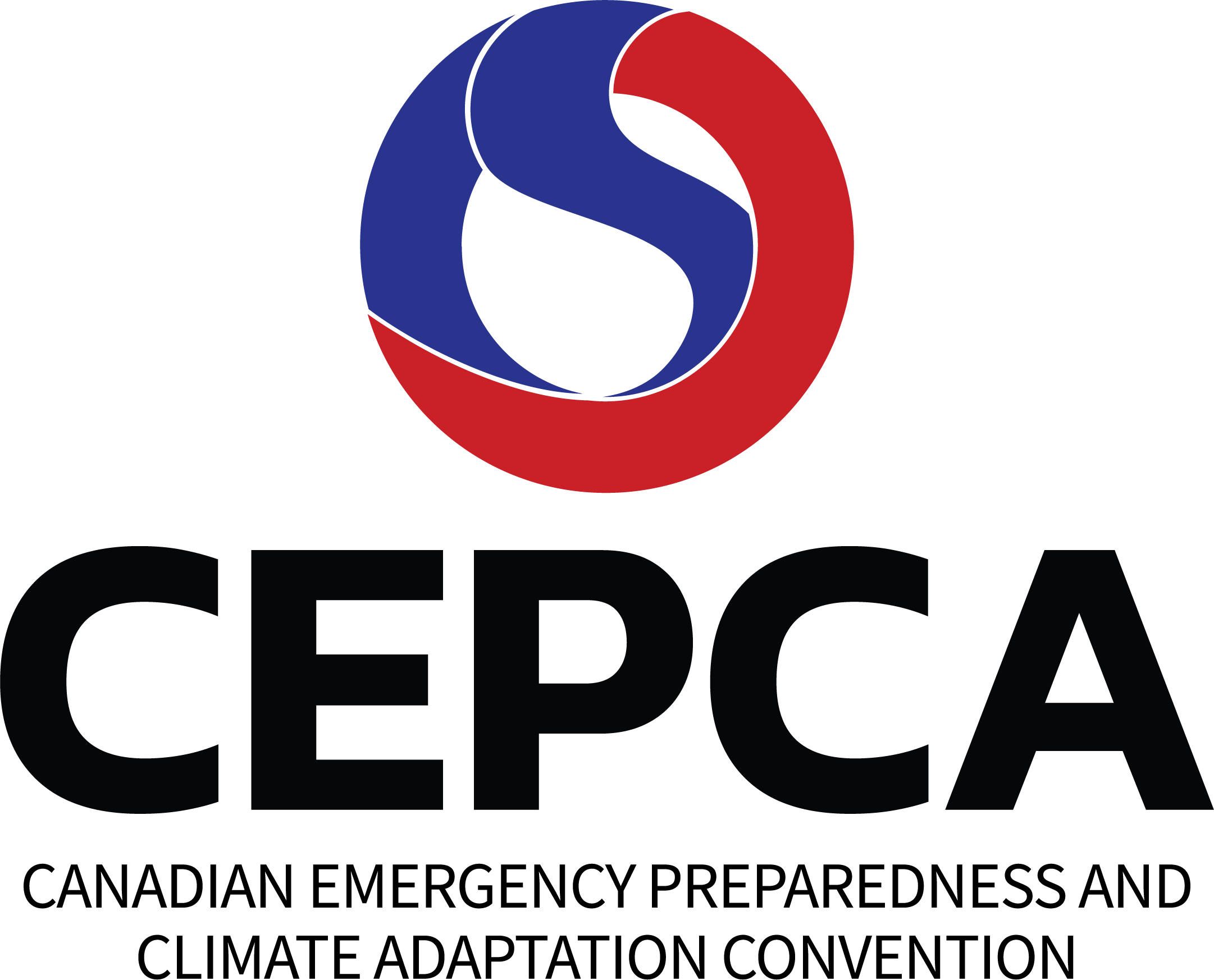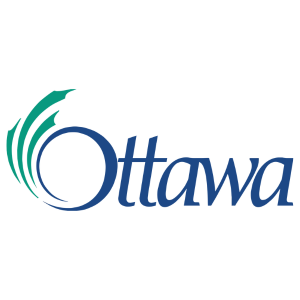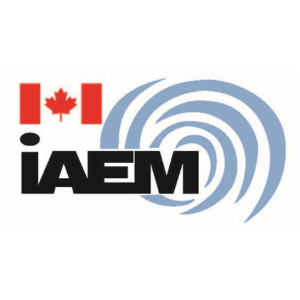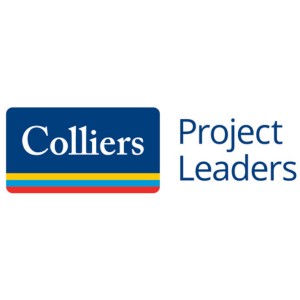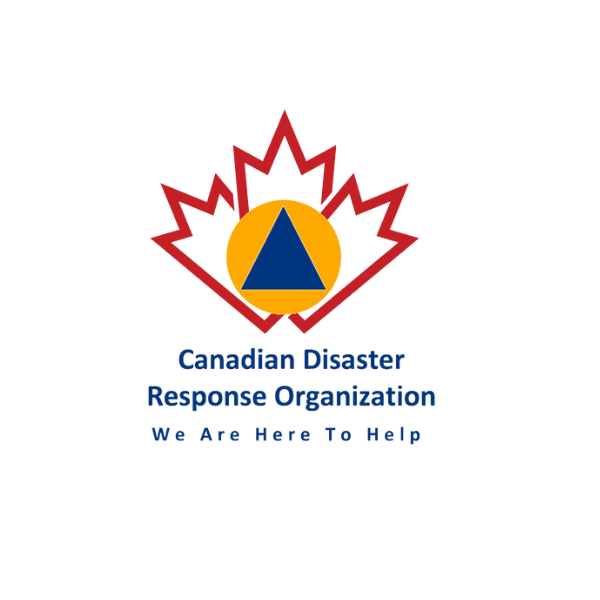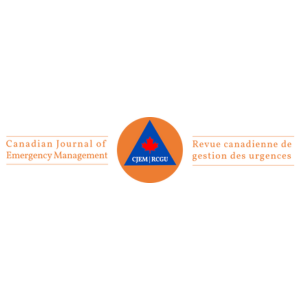CJEM Workshop

The CJEM MINDS program Capstone Policy Workshop on September 24, 2024 at the Shaw Centre in Ontario, Ottawa, will be an encapsulating event focused on emergency management through a community resilience and climate security perspective. It will be driven by the previous year's webinar events, encompassing expert insights and recommendations from academics and practitioners alike. Within a guided discussion approach, this closed-door, invite only, workshop will focus on three sessions, namely:
Session 1 - Climate Impacts on EM
This session will discuss the aggravation of natural disasters and their impacts on the EM domain, both in terms of worsening disasters and the long term impacts of longer disaster cycles (fire seasons, flood risk periods) on responding agencies in terms of preparedness and resilience. Further discussion will take place specifically regarding vulnerable communities and regions, to include areas of remote access, indigenous communities, and the Arctic region.
Session 2 - Building Community Resilience
Stemming from Session 1, this session will investigate how to enable communities to build internal resilience in addressing longer and worsening disaster cycles. Discussion will explore what resources and unique capabilities exist at the Provincial & Territorial (P/T) level, and if or how resource sharing could be achieved between P/T's. Finally, this session will also seek to address ensuring the private sector is included in terms of preparedness, response, and aftermath consolidation - all as part of the Whole of Government (WoG) approach.
Session 3 - Policy Levels
Our final session, building on both prior sessions, will seek to address how RFAs can be appropriately tailored to ensure the responding force from DND is appropriate and necessary. It will discuss how provinces and territories can aid in drafting requests to ensure they are appropriately enacted, and how changes to legal, regulatory, or policy frameworks could minimize or eliminate the need for DND resources. The discussion will culminate by exploring opportunities to leverage technology to improve interagency coordination, and to regionalize approaches to federal assistance and response coordination.
Private Invite Only Event - Workshop is Full
CJEM Workshop Project Team

Facilitator - Scott Cameron is the President/CEO of bassa Social Innovations Inc. and co-founder of Emergency Management Logistics Canada – an online platform designed to help communities build preparedness through connection. By bringing local emergency management organizations, businesses, and community organizations together in one shared space, local communities can pre-identify resources, build relationships, and establish levels of trust and understanding that increases community capacity and resilience.
Scott is a community development guy. He understands that local communities can accomplish great things by working together and tapping into collective wisdom, networks, and shared resources. In his consulting practice, Scott is regularly supporting community and organizational engagement through facilitation.
Scott is a graduate of the MA Interdisciplinary Studies program at Royal Roads University where he focused on Sustainable Community Development and Leadership. He calls Calgary home.

Alexander Landry is a Canadian Army officer of 12 years, with a significant background in operations and emergency management. He currently serves the CJEM MINDS project as the primary officer, and as the Senior Manager for Strategic Initiatives with the Canadian Journal of Emergency Management
Alexander is extensively involved in his community as a member of the Disaster Recovery Institute Board of Directors and St John Ambulance New Brunswick Council Board of Directors. Alexander brings forward several certifications in business continuity and management, namely as a Certified Business Continuity Professional, Project Management Professional, and Professional Engineer. He holds a Masters of Business Administration from the University of Fredericton, and a Bachelors in Chemical Engineering from the Royal Military College of Canada. He is currently pursuing a Masters of International Affairs at King’s College London and is involved in research pertaining to disaster response within the international community.

Younus Imam is an Emergency Management and Security Professional with experience in multiple public and private institutions. He has helped NGOs and Private Organizations deal with emergencies, threat intelligence and exercise design/risk management.

Connor Hunerfauth graduated from the Royal Military College of Canada in 2015 with a B.Eng in Civil Engineering. He served with the Royal Canadian Engineers (and blew bubbles as a combat diver) until 2022 when he retired from the Army to pursue a Master of Business Administration at the University of Texas in Austin - McCombs School of Business, graduating with a STEM certification in Corporate Finance in 2024. He is dedicated to lifelong learning and seeks to continue serving his community through volunteering.

Stanley Bennett was born in Calgary, Alberta, and joined the Canadian Armed Forces as an Infantry Officer in 2011. He graduated in 2015 from the Royal Military College of Canada with a BEng in Chemical Engineering and a minor in Life Sciences. He has served as an Infantry Officer in Gagetown, Edmonton, and Kingston in numerous positions. Notably, his interest in Emergency Management started when he was deployed to assist in the BC wildfire response in 2017, working closely with the BC fire service in order to mitigate the spread of fires in the province and to mitigate the impacts of the fires on local communities.
In 2021, he accepted a position to manage the Canadian Armed Forces Arctic Training Centre in Resolute, NU. Over the past few years, he has gained a passion for working in Canada's north. Through assisting in Search and Rescue (SAR) operations, and coordinating numerous medical evacuations during his duties - he has gained a thorough appreciation for the importance of EM in the north. Looking to further his understanding of EM and increase engagement across the north, he is excited to volunteer as a Strategic Projects Officer with CJEM.

Sara Kallas is a recent HBA Graduate from the University of Toronto, and the Lead Research Assistant at CJEM. She is profoundly passionate about all matters pertaining to international and human security, which drives her to actively engage in extensive research across the field. In addition to her role at CJEM, she is a Research Coordinator at the Canadian Arab Institute where she is examining how technology can be leveraged to improve the settlement experiences of Arabic-speaking and sub-Saharan African refugees in Canada. Sara hopes to continue her commitment to research, focusing on addressing pressing global challenges and making a positive impact.

Sara Harlow is currently a student in the Disaster and Emergency Management program at the Northern Alberta Institute of Technology in Edmonton. She holds a Masters of Arts from Toronto Metropolitan University and her previous experiences in academia incorporated both traditional research-based and creative-based methodologies. She is excited to draw on her interdisciplinary skillset as she furthers her development within the field of Emergency Management.

Stacy Ngo is a recent permanent resident of Canada, originally from Vietnam. Her educational background includes degrees in Business Administration and Office Administration Executive. She has been working in office administration for more than five years in companies in Canada and internationally. Stacy is excited to be a part of the CJEM team and community.
